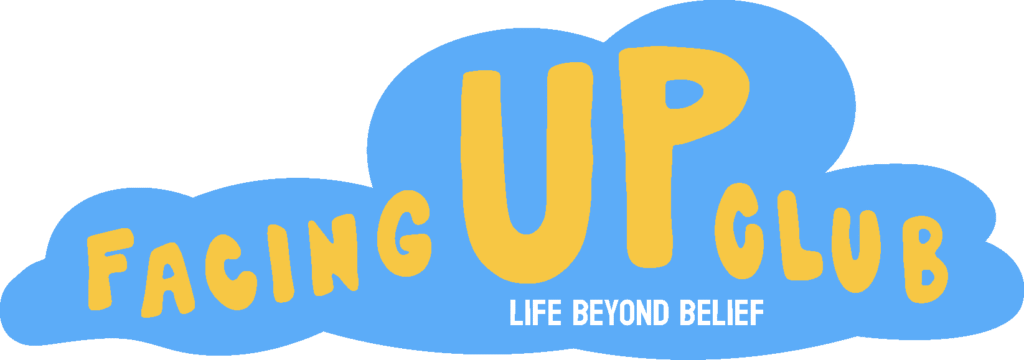Fairy Tales
Fairy Tales
After tucking us in, my mother sat at an old upright piano in the living room and played. Chopin Opus 10, #3 in E Major. Tristesse—French for sadness. Music is my earliest memory.
The notes echoed down the wooden hallway and under my door, resonant with desire. I can still conjure this feeling of knowing without words. I recall the taste of Gerber Baby Food the way a worm might know the taste of soil.
A mobile hung over my crib, a blur of dancing shapes and colors. A plastic toy, covered with buttons and bells was strapped to the rails. When I poked, it made various sounds: “Ding!” “Honk!” “Snap!”
I began to point and name: “Mama.” “Binky.” “Blanket.” Finally, I named the strangest thing of all: myself. I was no longer merely aware. I was aware of being aware.
I arrived as a character in Jack and Sandy’s story. They fell in love in high school and got married. Dad became a math professor. Mom was an English major. They wanted a family so they added my sisters and me to their story, along with a dog named Bogie.
Jack and Sandy’s story didn’t start with them either. My mother’s parents established an iconic Mexican food restaurant on Route 66 in Tucumcari, New Mexico called La Cita.
Dad came from farmers who homesteaded near Tucumcari. I was named for my grandfathers: “Joseph” on dad’s dad, “Maurice” on mom’s. I liked how I fit in.
In grade school, I learned the story of America. I was lucky. I had been born in the greatest nation on earth, the envy of the world. I placed my hand on my heart and pledged allegiance to the flag.
In church I met the author of all stories, the one who put them together and moved things along. God loved me. I loved him back and asked Jesus into my heart.
In middle school, I heard about the Soviet Union. It was a big powerful nation like ours. It had a story called Communism. There was no God in their story. They had nuclear weapons. The world could be destroyed with the touch of a button. It was a game of chicken. Communists had to be converted to our story or be stomped out.
But Chopin made me wonder, left me with a haunting sense, that all the stories might be ephemeral, fragile as soap bubbles, certain to pop.
And what if that happened? What would be left?
Whatever it was, the music spoke of more, not less.
